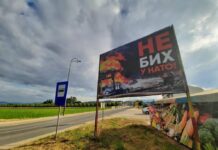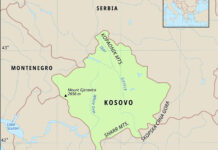Violent extremism is a difficult subject to research, and it is equally challenging to conduct fieldwork in areas affected by violent extremist ideologies. The reasons for this are numerous; this policy paper will address some of the most serious, based on the author’s personal experience with research and fieldwork in violent and dangerous environments. Unfortunately, there is no one-size-fits-all recipe for safe, ethical and successful fieldwork; nor can we prepare for all the eventualities that might occur when conducting fieldwork in areas affected by violent extremist ideas or among actors who have taken such ideas onboard. While all types of research – fieldwork-based or not – confront us with questions of ethics or risk in one way or another, working in violent contexts where extremist ideas are present throw them into much sharper relief. Research in violent and dangerous places is complicated and the accompanying fieldwork often involves confusion, failures and mistakes – while demanding creativity, flexibility and reflexivity on the part of researchers. There are several tough questions we should ask ourselves before, during and after fieldwork in violent and politically volatile places.
In this paper, the author will speak as honestly as possible about how he has grappled with the practical and ethical challenges of conducting fieldwork in insecure places in the past, and how this has had an impact on his work in Sahel countries such as Mali, where extremist religious ideas in the form of Salafi-Jihadism is a source of inspiration for several insurgencies. The author address issues concerning the personal safety of researchers and respondents in the field – including informant anonymity, the positionality of the researcher, and how we can design and generate fieldwork research methods that provide safety for researchers as well as respondents, without compromising data quality and ethical standards.
This paper is, therefore, not yet another discussion about the technical specificities of certain research methods or whether the objectives of the research are best reached through a qualitative or quantitative approach. Rather his focus is on the messy realities of fieldwork in violent places.
Paper is available on this link.








